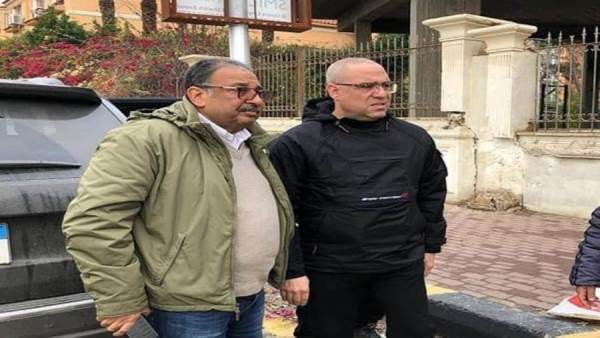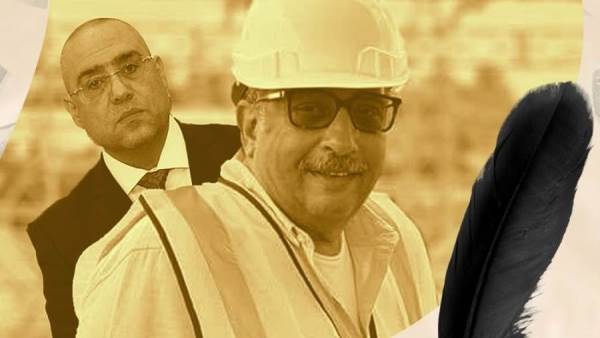Landowners of Sphinx City accuse the Community Authority of urban failure and poor planning

Yesterday, landowners in the new city of Sphinx held a protest in front of the headquarters of the New Communities Authority in Sheikh Zayed, challenging the decision of the Ministry of Housing and New Urban Communities to reconcile the land. The owners of these lands have called for no final cession of their land, and not for a reduction in the value of reconciliation in order to convert the land from agriculture to housing, considering that they are not the cause of the urban failure in Egypt but of the urban planners of previous regimes. The protesters explained that all contracts concluded between landowners and the State are intact and that there is no need for the Ministry of Housing to require owners to pay any new prices or to relinquish such land and transfer it to housing against their will. Mahmoud El-Shalqani, the organizer of the protest, said the stand was to declare that most of the Svenx land was privately owned and not State property, adding: "We have ownership contracts that prove this and have been cultivated for 20 years and are productive, not boor land that helps to expand the agricultural area in Egypt." He pointed out that the order to price and relinquish land was in both form and substance unacceptable. "These lands were cultivated without any cost to the State, and the contracts were legally registered. The desert was transformed into a green paradise by their effort, from which they did not lose anything in exchange for the dream they have long sought since the purchase of these lands in 1997." Landowners said that they deserved thanks and praise from the State, not demolition and punishment for what they had done. It was not a punishment for the work and work of development and reform. During the protest, landowners demanded a reduction in the value of reconciliation in order to convert agricultural land into housing, considering that the prices set by the Ministry of Housing were excessive, that the prices they had contracted when buying land in 2000 had not been met with any connection, that they had rejected the procrastination method of completing reconciliation papers on buildings, and that there was freedom of owners for those who wanted to retain or transfer their land to housing and that they did not.
The owners of the land also demanded that the sale and purchase of land issued by the Ministry of Agriculture should not be stopped; that the purchase and sale of land not be linked to the release of declarations of a waiver of half the land to the State in strict violation of the Constitution and the law; that contracts be issued to the owners, and that the contracts of the owners should be suspended by issuing the contract, subject to the signature of a declaration approving the waiver of half the land and the extension of the facilities.
The landowners rejected the bargaining method and pressured the owners to obey the wishes of the Device that the landlord should write a wish sheet in the Device acknowledging his agreement to relinquish half of his land. This is done on an ongoing basis by the head of the Organ. "In the event that the State deals with companies that sold such land to owners and that were in plain sight and with the consent of the State, this must first be with the consent of the current owners.













